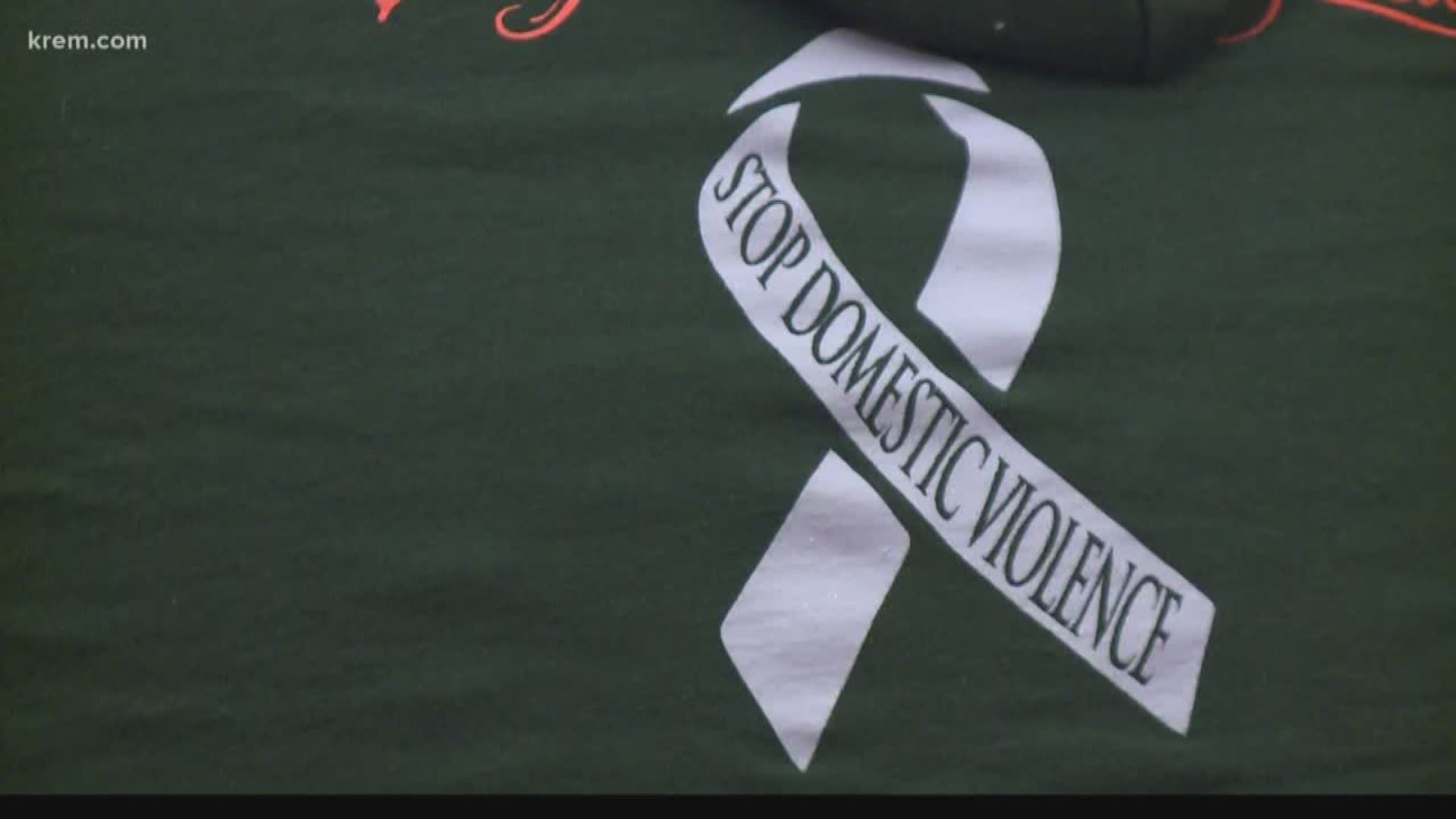Friday was a crucial cut-off point in the Washington state legislature.
It was the last day non-budgetary bills could make it out of committee. That means a number of proposals were defeated this weekend.
One of them: The proposal commonly known as "Tina's Law," a bill with tragic roots in the Spokane area.
Tina's Law is named after Tina Stewart, a Spokane woman who was beaten to death by her boyfriend in 2017.
The law proposed the creation of a statewide, publicly available registry of serious domestic violence offenders.
The idea is being pushed primarily by Stewart's family. Their advocacy resulted in two bills being introduced in Olympia this year, one each in the state house and senate.
The house bill was sponsored by Rep. Brad Klippert (R-8th LD).
"[The family] asked me to run this bill to help protect others from the same fate that Tina had to experience," he said.
The senate bill was sponsored by Sen. Shelly Short (R-7th LD).
"I met the family members. You could see the pain is still so raw," she said.
If passed, proponents say Tina's Law would create a vital defense mechanism promoting awareness about abusers.
"It's empowering individuals, empowering women, to be able to have access to information should they choose," Short said.
But the bill won't become a law in Washington this year. In fact, it won't even come to a vote.
In the house, the bill got a hearing in the public safety committee. At that hearing, some domestic violence prevention advocates argued the proposal would actually do more harm than good.
"Some people, they love their abusers... or they don't know how they would survive if they were to leave the person who was abusing them," Klippert said. "And so [the advocates] were concerned that maybe if there was a registry, that this might have a chilling effect on people reporting domestic violence."
The resistance at the hearing was enough to kill the bill's momentum.
The committee chair didn't bring it to a vote.
In the senate, it didn't even get a hearing because that committee chair believed the house bill was more likely to succeed, according to Short.
"I'm really shocked actually that this didn't get through," Short said.
"I was shocked and surprised," Klippert said. "[None of the advocates] came to me beforehand, telling me that they did not agree with this bill or had any negative thoughts towards it. So when they testified, wow, I was really surprised at that testimony. I have no bad feelings or ill will against them, it just was a surprise to me."
Despite their disappointment, both sponsors say they will look to improve the bill and try again next year.
"That was a hard pill to swallow to be honest," Short said. "But I think, you give it a second try, maybe you rewrite it a little differently."
"Absolutely. I'd work with anybody and everybody who wants to help make this bill better so we can protect others," Klippert said. "We want to be able to empower people to be able to protect themselves."
"I'm absolutely committed to trying to figure our way through this," Short added.


